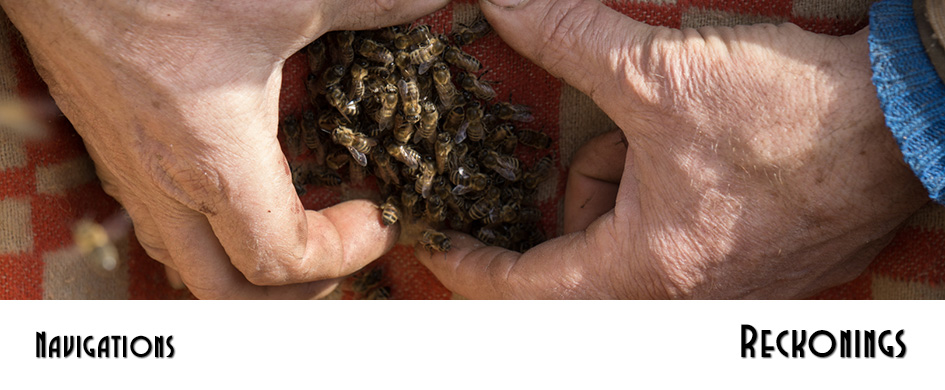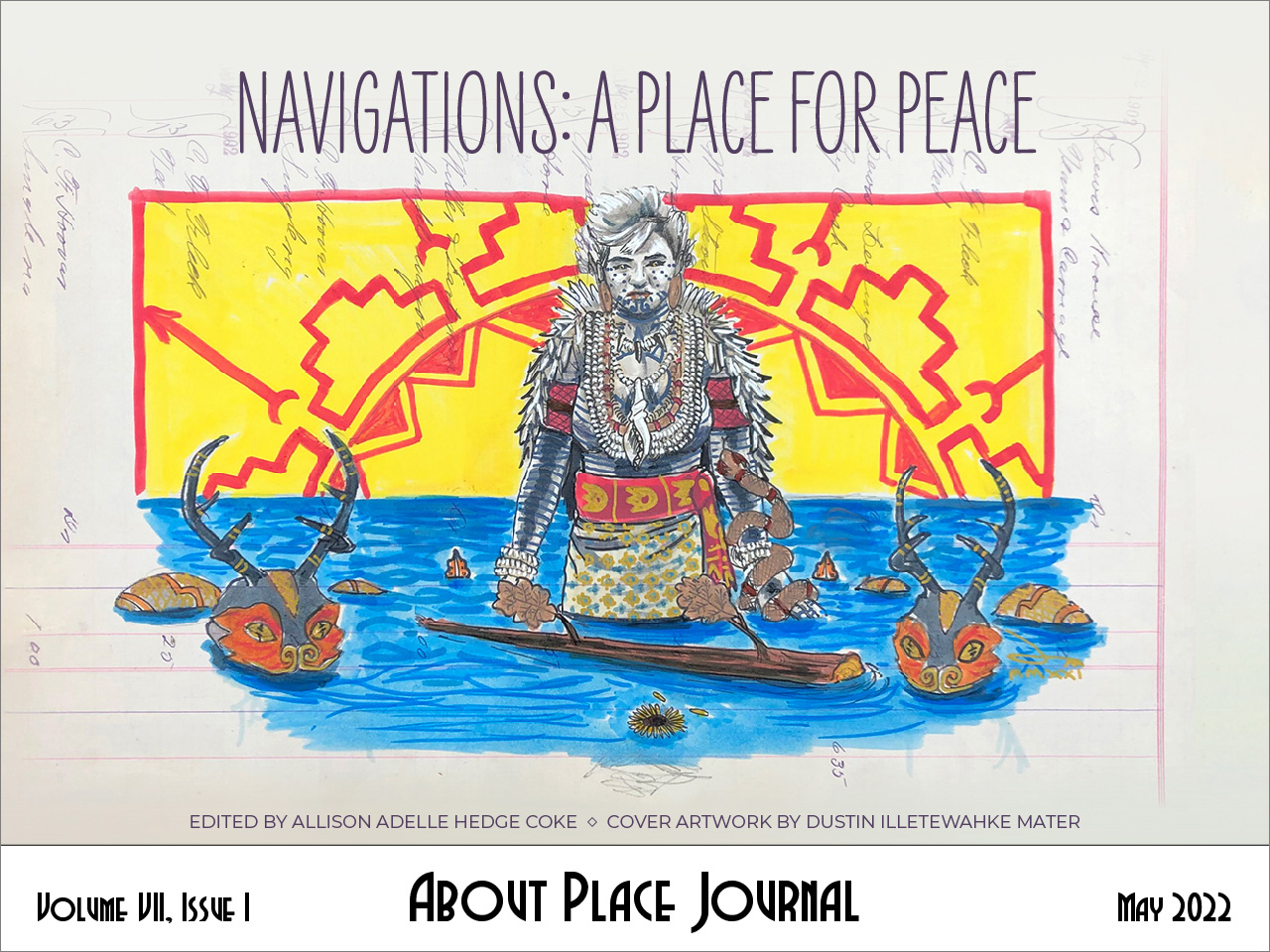that might be cultivated from the Crab
named them in English and Latin
a man who possessed a walker’s appetite
filling his pockets on the saunter out
eating them one by one on the return
four or five miles worth of pocket apples.
He believed fruits best when eaten in the wind
one thought for the field another for the house.
He loved the racy and wild American flavors
knew that Solomon says comfort me with apples
Homer and Herodotus spoke of them and
the Prose Edda held apples could restore
youth in one weakened by age.
Apple that grows in the old Cellar-Hole (Malus cellaris)
the Truant’s Apple (Cessatoris) which no boy
however late will go by without knocking some off
the Chickaree-Apple Partridge-Apple
Slug-Apple the Concord Apple not the Discord
the Railroad-Apple from a core thrown out of the cars
the Saunterer’s-Apple you may lose yourself
before you find that one Wine of New England
the Apple where hangs the Forgotten Scythe
the Beauty of the Air the Frozen-Thawed Apple
better than bottled cider your jaws are the cider-press.
Some brindled with red like a cow some touched with green rust
like fine lichen. To name them all call in the sunrise and sunset
call in the woodpecker purple finch squirrel and jay.


